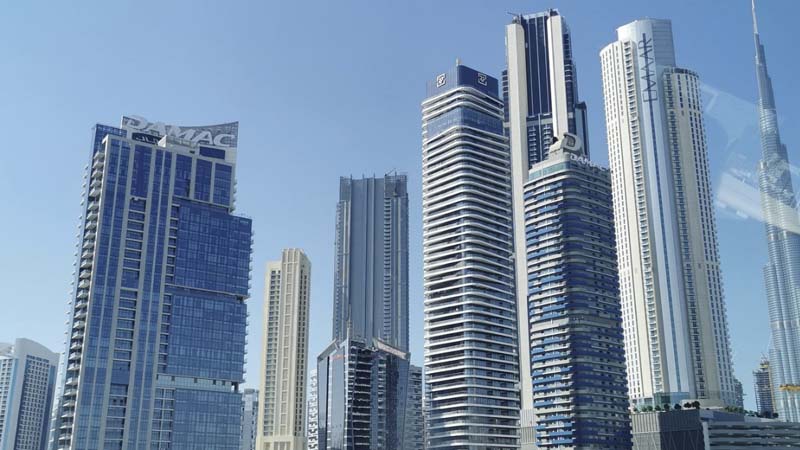
The United Arab Emirates has made a significant leap in Kearney’s 2024 Foreign Direct Investment (FDI) Confidence Index, advancing from the 18th to the 8th position, as it continues to diversify its economy beyond oil. This rise positions the UAE as the Arab world’s second-largest economy and places it second in Kearney’s emerging market index, trailing only China, the world’s second-largest economy.
Rudolph Lohmeyer, partner at National Transformations Institute, Kearney Middle East, attributed the UAE’s higher ranking to its assertive push towards economic diversification. This strategy has established the UAE as a prime destination for global investments and reflects growing investor confidence bolstered by the country’s consistent track record of policy reform.
The UAE’s economic growth, fueled by initiatives focusing on sectors like manufacturing, tourism, and technology, continues to accelerate. The country’s economy is forecasted to grow by 4.2 percent this year, according to the UAE Central Bank. Additionally, the UAE recorded an impressive FDI of about $23 billion in 2022, with official figures for the last year still pending.
In the realm of greenfield FDI, the UAE ranked second globally after the US in the previous year. As part of its diversification strategy, the Emirates aims to attract Dh550 billion ($150 billion) in foreign investment by 2031 and break into the world’s top 10 for attracting FDI. To achieve this, the UAE is actively signing Comprehensive Economic Partnership Agreements with various countries to boost trade and investment.
Lohmeyer highlighted the UAE’s resilience, advanced infrastructure, robust capital markets, and flourishing tech ecosystem as key factors making it an attractive destination for global investors, even amidst intense global competition for investment.
While the US continues to lead the FDI world index, followed by Canada, China has risen from seventh to third, attributed to the easing of capital controls for foreign investors in major cities. Meanwhile, Japan has dropped from third to seventh, grappling with economic challenges and a recent recession.
The survey, comprising global business executives from companies in 30 countries with annual revenues of $500 million or more, revealed a strong investor optimism. Around 88% of respondents plan to increase their FDI in the next three years, a 6% increase from the previous year. However, mounting geopolitical tensions and a potentially more restrictive regulatory environment are expected to impact financial decisions. Moreover, 64% of respondents anticipate expanding the use of AI in investment decisions over the next three years.
This year’s FDI Confidence Index indicates a preference for developed markets, with 17 out of the 25 markets on the index being developed. However, emerging markets like the UAE and Saudi Arabia are marking notable progress, with the latter moving from 24th to 14th in the rankings. Saudi Arabia, too, has improved its position in Kearney’s emerging market index, advancing to third from sixth last year under its Vision 2030 diversification agenda.
Overall, the UAE’s ascent in the global FDI Confidence Index signifies its strong appeal to investors worldwide, underpinned by a diversified economy, strategic initiatives, and a conducive business environment. As the country continues to advance its economic goals, it remains a key player in the global investment landscape.




